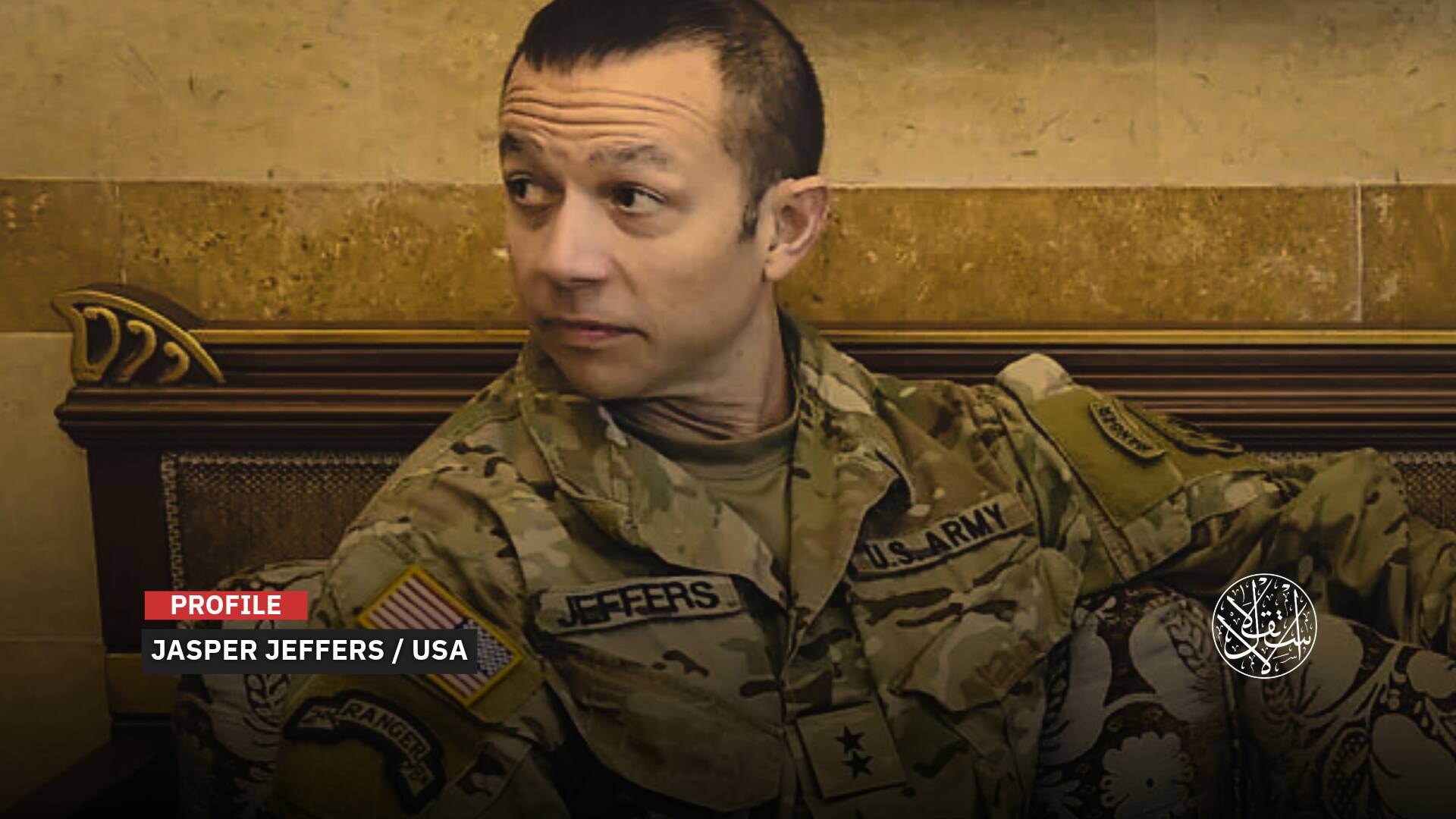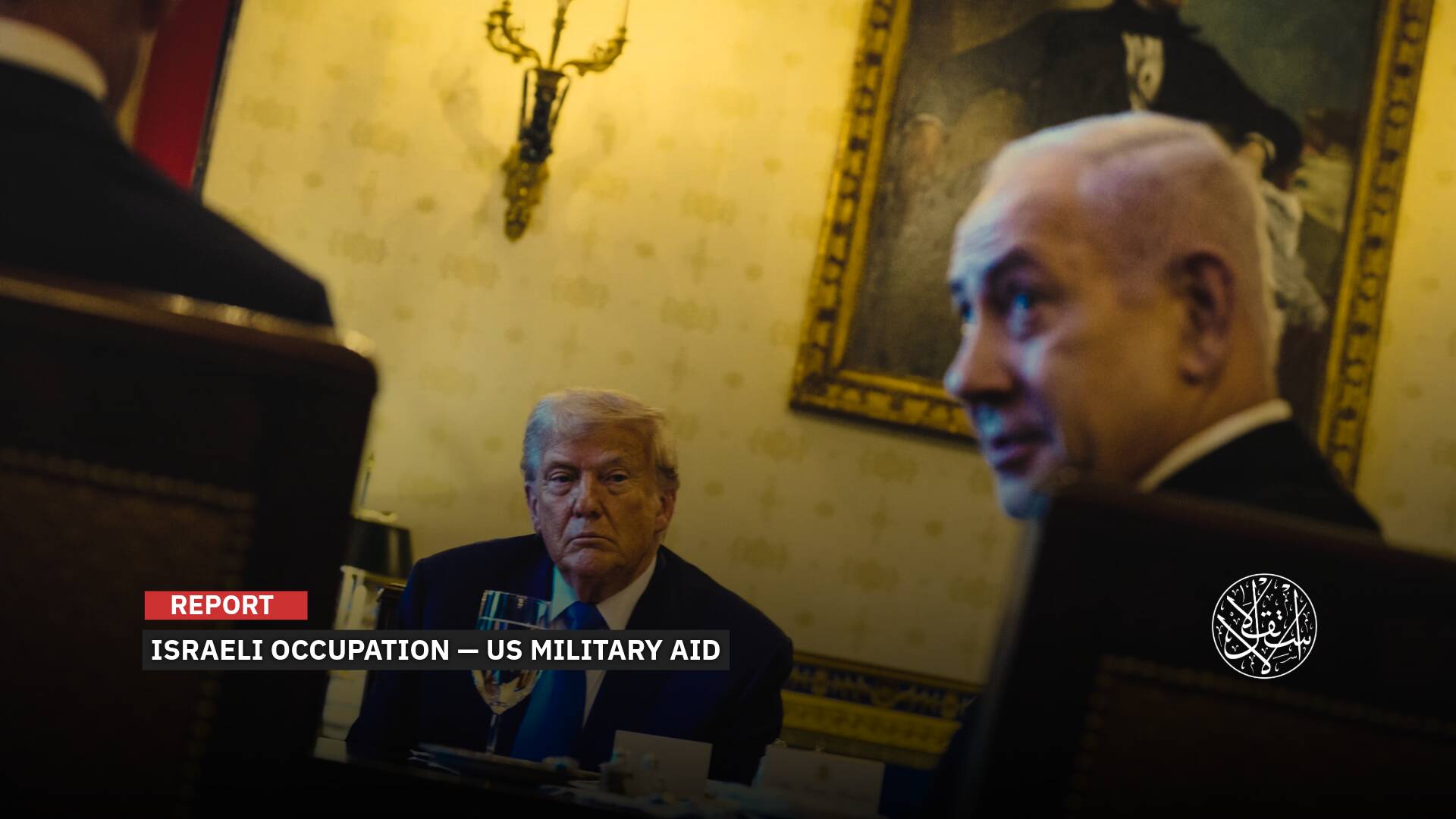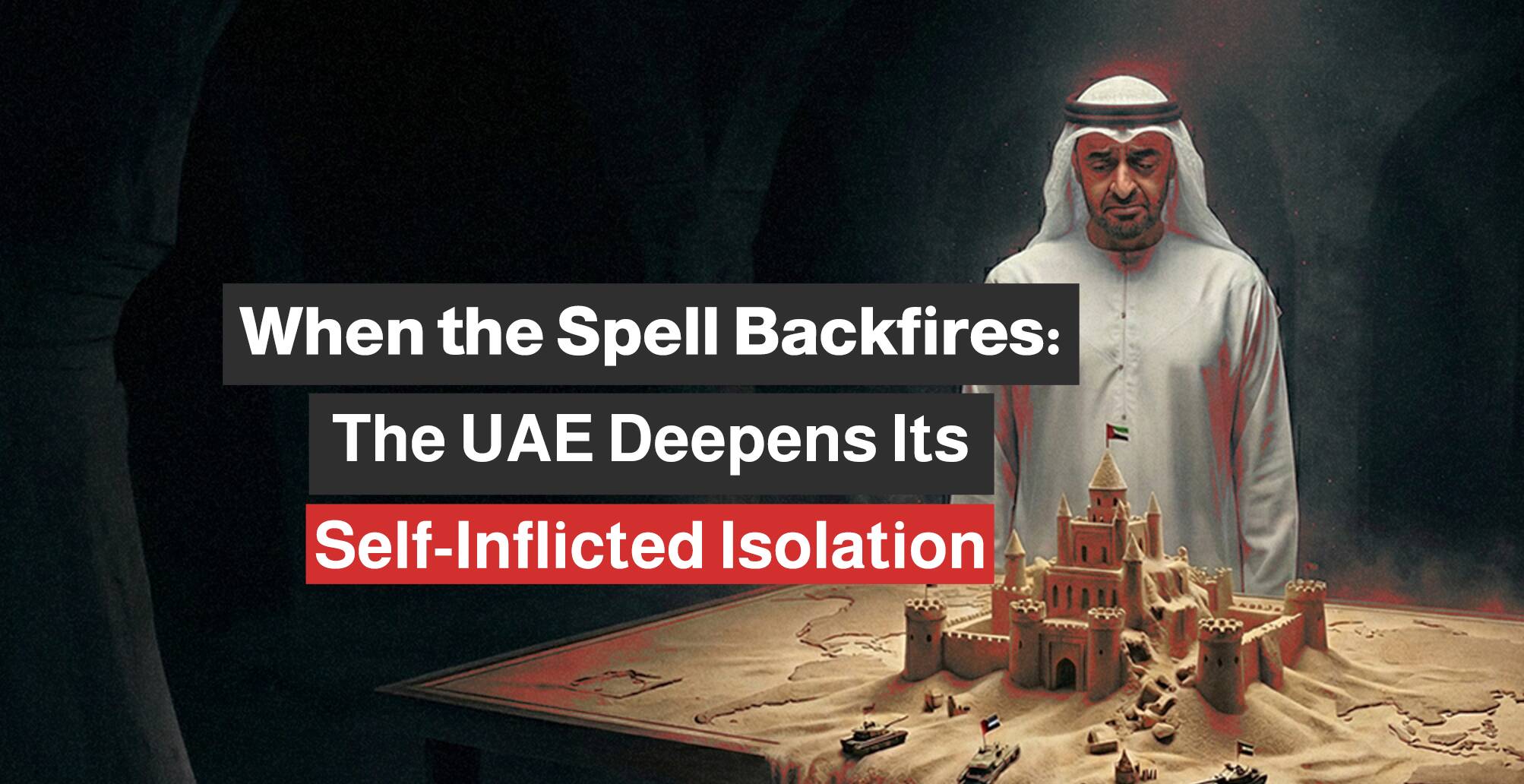Did Klaus Schwab Reveal How the World Economic Forum Infiltrates Governments?

On March 1, 2022, activists gathered outside the offices of World Economic Forum (WEF) on Madison Avenue in New York City to express their views on the contentious economic group, which has come under growing scrutiny as its ties to world leaders become more obvious.
"The gang of influential people that gather to discuss ways to conquer nation states without using firearms," one demonstrator said through a microphone.
Yelling that: "Justin Trudeau is effectively a puppet for the World Economic Forum."
The roots of these protests go back to what Klaus Schwab, the WEF's head, had previously remarked favorably of his contacts to Prime Minister Trudeau and his cabinet colleagues in 2017.
Colin Carrie, the Conservative MP for Oshawa, Ontario, recently raised a question on behalf of a constituent during a session of Parliament about the WEF's influence on Canadian politics. No answer was provided.
A Member of Parliament in Canada just asked about Klaus Schwab's infiltration inside the government and the speaker cut him off and said the "audio was really really bad" and then moved on. pic.twitter.com/HLNTZU8sfY
— Cain Marko (@CainMarko88) February 19, 2022
Explicit Infiltration
In 2017, Klaus Schwab openly bragged about his organization's ability to infiltrate governments across the globe.
At the Harvard Kennedy School’s Institute of Politics, he discussed how the WEF’s modus operandi is to penetrate governments by installing its “Young Global Leaders.”
“This notion to integrate young leaders has been part of WEF for many years, I have to say when I mention some names like Ms. Angela Merkel, even Vladimir Putin and so on, they all have been Young Global Leaders of the World Economic Forum," Klaus said.
“But what we are very proud of, is the young generation like prime minister Justin Trudeau, president of Argentina and so on, that we penetrate the cabinets.”
“So yesterday I was at a reception for PM Trudeau, and I knew that half of his cabinet or even more are actually Young Global Leaders as well, and it’s true in Argentina and for the president of France.”
American commentator Joe Rogan hosted a podcast and invited activist Maajid Nawaz where the latter pointed out how the globalists are inching towards imposing a global ID, or digital passport system attached to a social credit score, with the help of the WEF’s Young Global Leaders.
“Yeah, that’s a bizarre thing to do, to openly do,” Rogan told his guest. “Why do you think they openly discuss it that way? And openly? Because ‘The Great Reset’ has always been this gigantic conspiracy theory among the online folks, like, ‘This is all part of The Great Reset.’
“In 2017, at Harvard he’s saying, you know, we’re going to basically, all of these world leaders, will penetrate their cabinets with our Young Global Leaders,” Nawaz stated. “He’s open. He’s open. [Former UK Prime Minister Tony] Blair’s open. During the Iraq war, Blair tried to bring in ID cards in Britain, he failed; now he’s back and he’s trying to bring in digital ID during COVID…So they’re open about it.”
Klaus Schwab in 2017 says he’s proud his WEF infiltrates governments and he personally knows more than half of Trudeau’s cabinet.
Just another conspiracy theory of course, nothing to see here. #TheGreatReset
pic.twitter.com/3qmYnMFTP7— Maxime Bernier (@MaximeBernier) January 26, 2022
Early Life
Klaus Schwab was born in 1938 in Ravensburg, Germany. In 1961, he graduated as a mechanical engineer from Swiss Federal Institute of Technology in Zurich.
From 1972 to 2003, he was a professor of business policy at the University of Geneva, where he is now an Honorary Professor.
Since 1979, he has released the Global Competitiveness Assessment, an annual report authored by a team of economists that assesses the possibilities for enhancing productivity and economic growth in nations throughout the world.
Schwab founded the European Management Forum in 1971, which grew into the World Economic Forum in 1987 (commonly referred to simply as "Davos," the name of the location where the forum is held each year).
In 1998, he founded the Schwab Foundation for Social Entrepreneurship with his wife Hilde, with the goal of identifying, recognizing, and disseminating social entrepreneurship programs that have greatly changed people's lives and have the potential to be replicated on a worldwide scale. The Foundation works with a global network of approximately 350 social entrepreneurs.
In 2004, he formed a new organization, the Forum of Young Global Leaders, with the financial donation received as part of the Dan David Prize (for leaders under 40).
He founded the Global Shapers Community seven years later, in 2011 (for potential leaders between the ages of 20 and 30). The two foundations' goals are to include young people as a powerful voice for the future in global decision-making processes and to promote their participation in real projects that solve social problems.
Schwab has promoted the formation of communities that provide global expertise and knowledge for problem-solving. Among these is the Network of Global Future Councils, the world's leading multidisciplinary knowledge network committed to encouraging creative future thinking.
The Forum employs about 700 employees and has offices in New York, San Francisco, Beijing, and Tokyo, in addition to its headquarters in Geneva, Switzerland.










